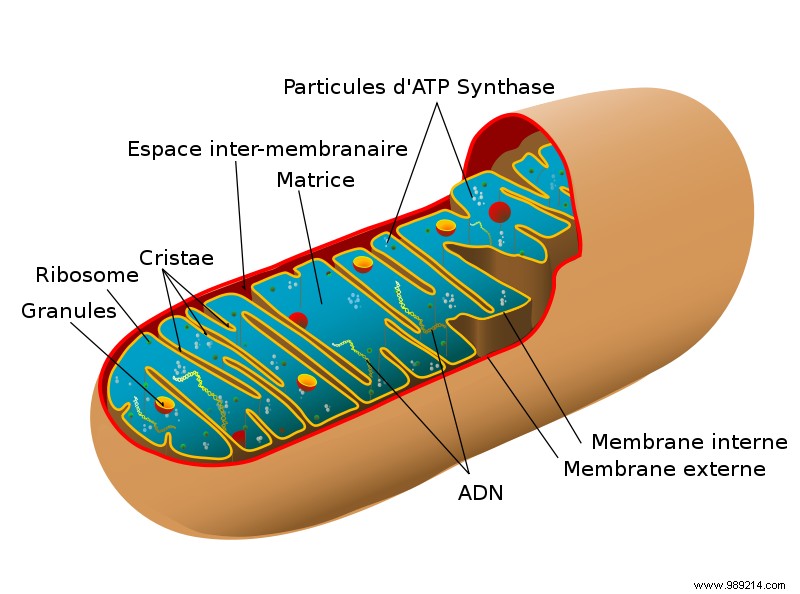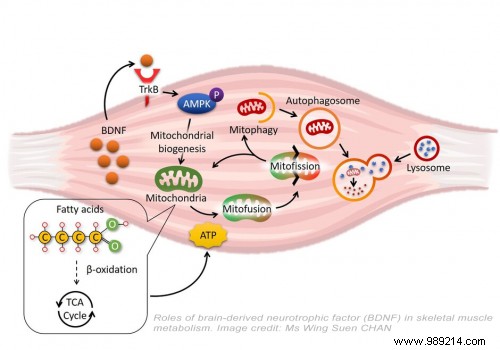If the genetic origin of obesity leaves little doubt, the reasons for its appearance are still the subject of scientific research. According to a recent Hong Kong study, however, obesity may well be due to the absence of a gene in a protein in the human body.
Over the years, science has defined that obesity in particular leads to reduced muscle endurance or an alteration of the metabolism. In 2020, a study even indicated that obesity doubled the risk of death in the event of Covid-19 infection. A new study conducted by a team from the University of Hong Kong has clarified the origin of the disease. According to a press release dated November 24, 2021, the absence of a gene in a protein of the human body could be involved. This is Brain-Derived Neurotrophic Factor (or BDNF).
First of all, scientists were interested in a possible malfunction of the mitochondria. These are intracellular organelles that act as "power stations", allowing cells to convert nutrients into energy . The researchers carried out tests on genetically modified obese mice. According to the results, obesity significantly reduces the BDNF gene in skeletal muscle tissue.

In addition, scientists deleted the gene in several specimens. This demonstrated that mice lacking BDNF gained weight much more easily compared to others. At the same time, they also developed insulin resistance in the event of a high-fat diet, which generated lower energy expenditure. The mice's reactions then allowed scientists to make the link with the mitochondria. The researchers have in fact discovered that the mitochondria of mice without BDNF had significant difficulty converting nutrients into energy (see diagram below). However, these organelles unable to play their role accumulated in the tissues, which impacted lipid metabolism and insulin sensitivity.

In an effort to fight obesity, researchers then investigated for a potential cure . Native to South America, the plant Godmania aesculifolia is a serious candidate. It was indeed able to alleviate mitochondrial dysfunction in mice by mimicking the BDNF gene. However, previous research had already shown that the plant in question could reduce body weight and improve insulin sensitivity. Nevertheless, its effectiveness in humans will remain to be proven in future work.